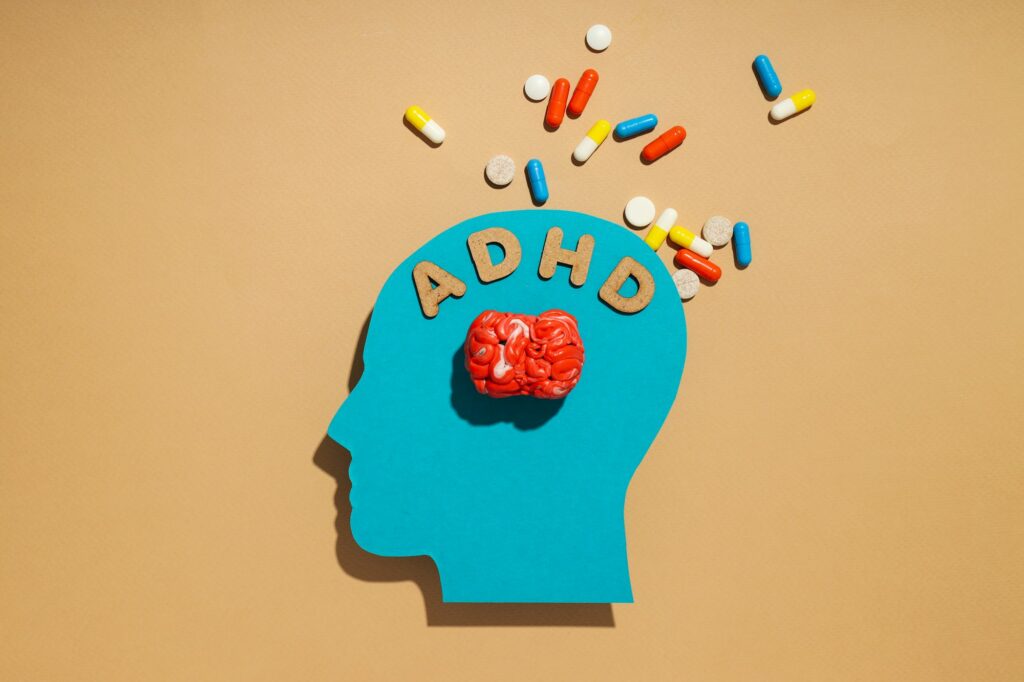ADHD can and should be thought of as a different brain type, not a disorder.
[updated Sept 26, 2024]
When many people hear that a child has been diagnosed with ADHD, they think the child has a problem. The conversation often quickly shifts to topics like “Is your child being medicated” or “It must be difficult for you.” It can be difficult to manage and deal with. To say that a person with ADHD is broken is simply wrong. And harmful. In fact, these people are often the thought leaders in society and possess creativity that can blow you away. It is truly a different brain type and NOT a disorder.
First, this article is not pretending that there are not challenges with ADHD. As a psychotherapist, I like to be realistic in my approach. There are differences in how an ADHD brain functions compared to another brain type. Notice the word that I did not use: “normal.” I am not comparing an ADHD brain to a “normal” brain because “normal” is very subjective. To learn more about the differences you can check out this article by the Child Mind Institute.
Brains In Demand!
Life on Earth without ADHD brains would be boring. And likely not as technologically or artistically advanced as it is. Healthline.com wrote a very interesting article on how having an ADHD brain can be a good thing. Healthcentral.com writes about the benefits on ADHD as well. And it is easy to find more reputable sources.
ADHD & Children
The biggest challenges that a diagnosed person will face are the expectations imposed by society. For a teen to succeed in high school they must learn to concentrate and study. For an elementary grade student mastering the need to “raise your hand” when answering a question can be very tough. Again, the child is not broken! The way they are wired does not match with most schools’ expectations
Proper Diagnosis and Assessment
I think that for a person with true ADHD, two things are important. First, a proper diagnosis. People are often prescribed medications for symptoms without being properly assessed. Would you take heart medication because you have some chest pain? Or would you want your doctor to run some tests first? In my experience, a diagnosis needs to be done by a trained Psychologist, Psychiatrist, or Medical Doctor.
The importance of a diagnosis is to make sure that it truly is ADHD causing the problem and not something else. For example, a child might find it hard to focus in school because they have a hearing problem. Divorce or fighting between a teen’s parents can distract them in class.
Coping Skills
Second, it is important for them to learn coping skills and techniques. Children aren’t meant to sit still, and the ADHD brain thrives on movement. For better or worse, much of school requires sitting and listening. Working with your child’s school is very important to help your child succeed.
Once a diagnosis is done, then any medication prescribed, if needed, will have a greater chance of working. People with ADHD often learn coping skills that differ from those taught to teens struggling with family issues.
Our clinic has deep experience supporting ADHD patients of all ages. To meet the team, click here!



